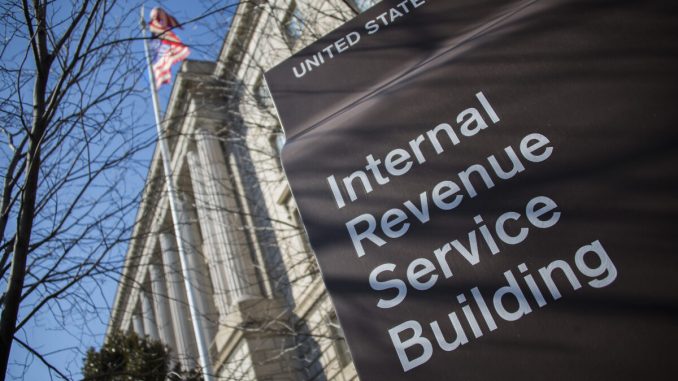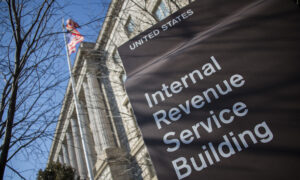

Federal authorities announced Wednesday that a new round of $1,400 stimulus checks have been sent out, bringing the total figure disbursed to around $391 billion.
The Department of the Treasury, the Internal Revenue Service (IRS), and the Bureau of the Fiscal Service jointly announced that the most recent tranche of payments amounts to more than 1.8 million checks worth over $3.5 billion. Over 900,000 payments were made as direct deposit, while the remainder was sent out as paper checks.
About half the checks were “supplemental” or “plus-up” payments, going to people who earlier received payments based on their 2019 tax returns but after filing a 2020 return are eligible to receive more money.
The $1.9 trillion American Rescue Plan authorizes individuals earning less than $75,000 per year—and married joint filers making less than $150,000—to receive the full $1,400 payment. The checks then ramp down to zero for individuals earning $80,000 or above and for joint filers making $160,000 or more.
The IRS will continue to send stimulus checks out to people on a weekly basis to eligible recipients for whom the agency did not have information to issue a payment but who recently filed a tax return.
The agency also urged people who don’t normally file tax returns to do so, as they may qualify for additional payments.
“Some federal benefits recipients may need to file a 2020 tax return—even if they don’t usually file—to provide information the IRS needs to send payments for a qualifying dependent,” Treasury said in a statement.
People who didn’t receive economic impact payments in the first or second round, or received less than the full amounts, may be eligible to claim the 2020 Recovery Rebate Credit, but they’ll need to file a 2020 tax return by the extended federal tax filing deadline of Oct. 15.
The IRS earlier extended the deadline for filing a 2020 tax return from April 15 to May 17 of this year, at the same time allowing individual taxpayers to postpone to May 17 their due federal income tax payments for the 2020 tax year without penalties and interest. Individual taxpayers could also request a filing extension until Oct. 15 by filing Form 4868, although this did not grant an extension of time to pay taxes due, meaning owed tax payments made after May 17 are subject to interest and penalties.





Be the first to comment